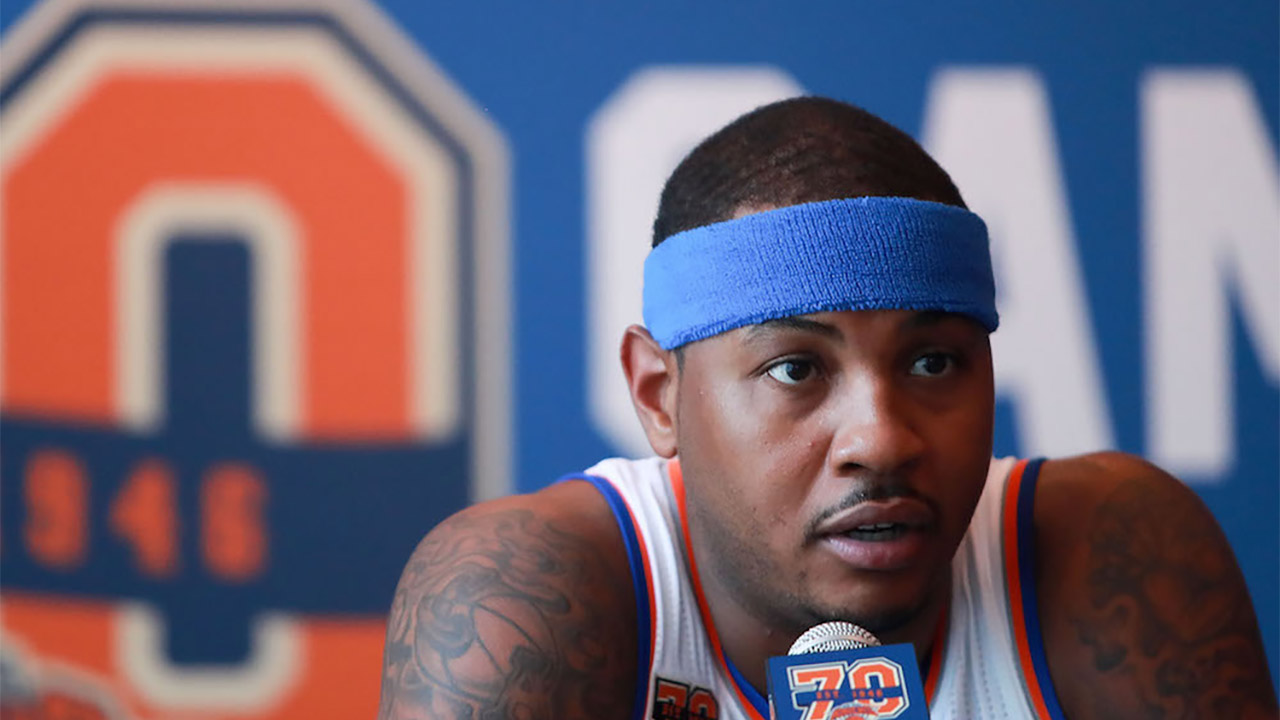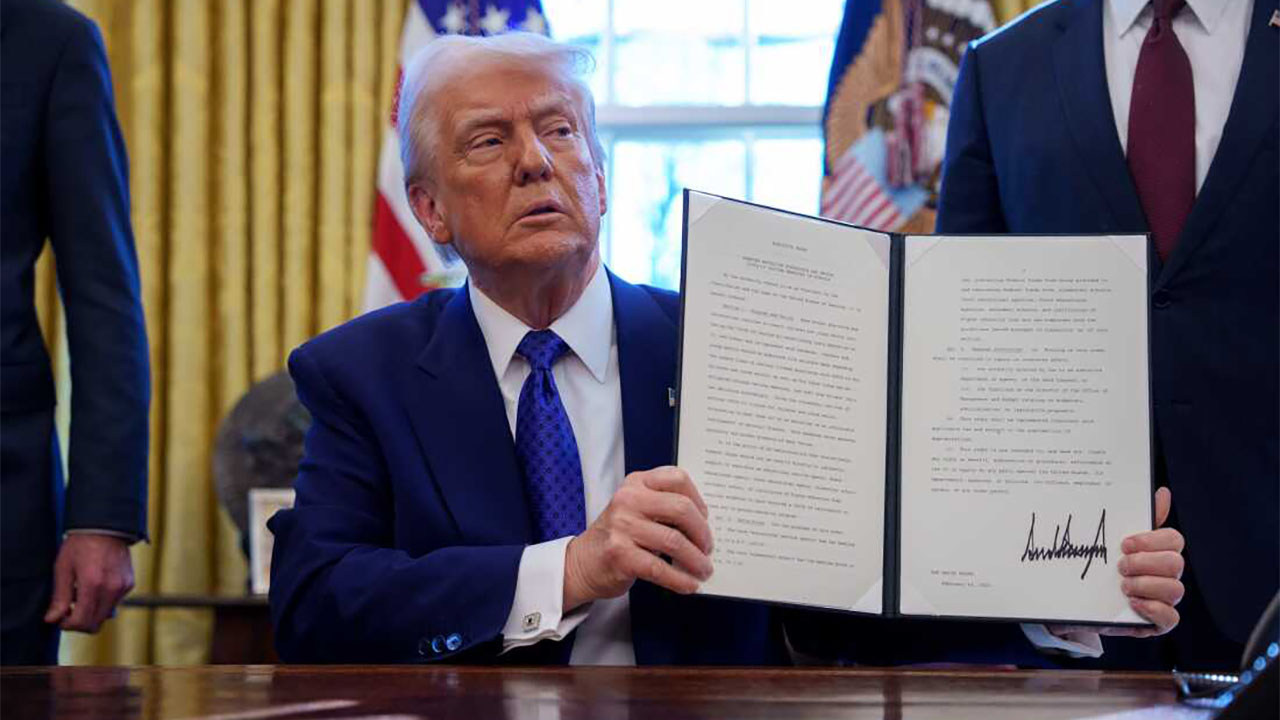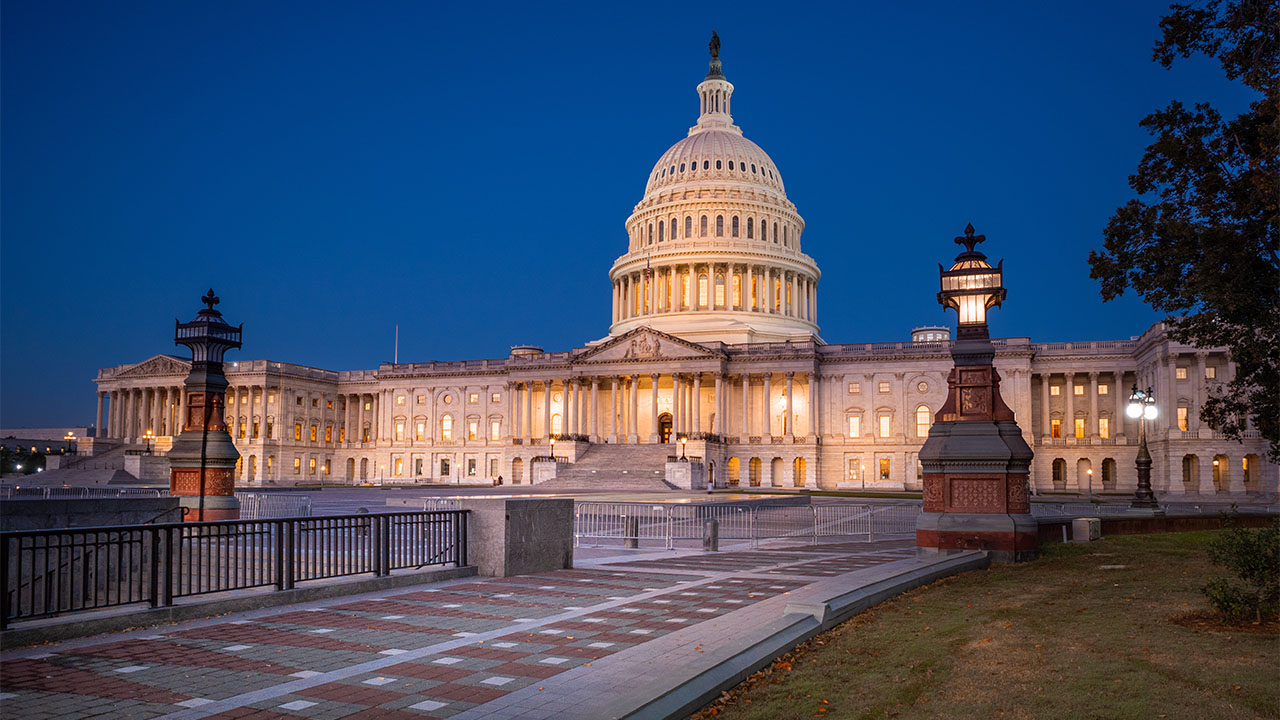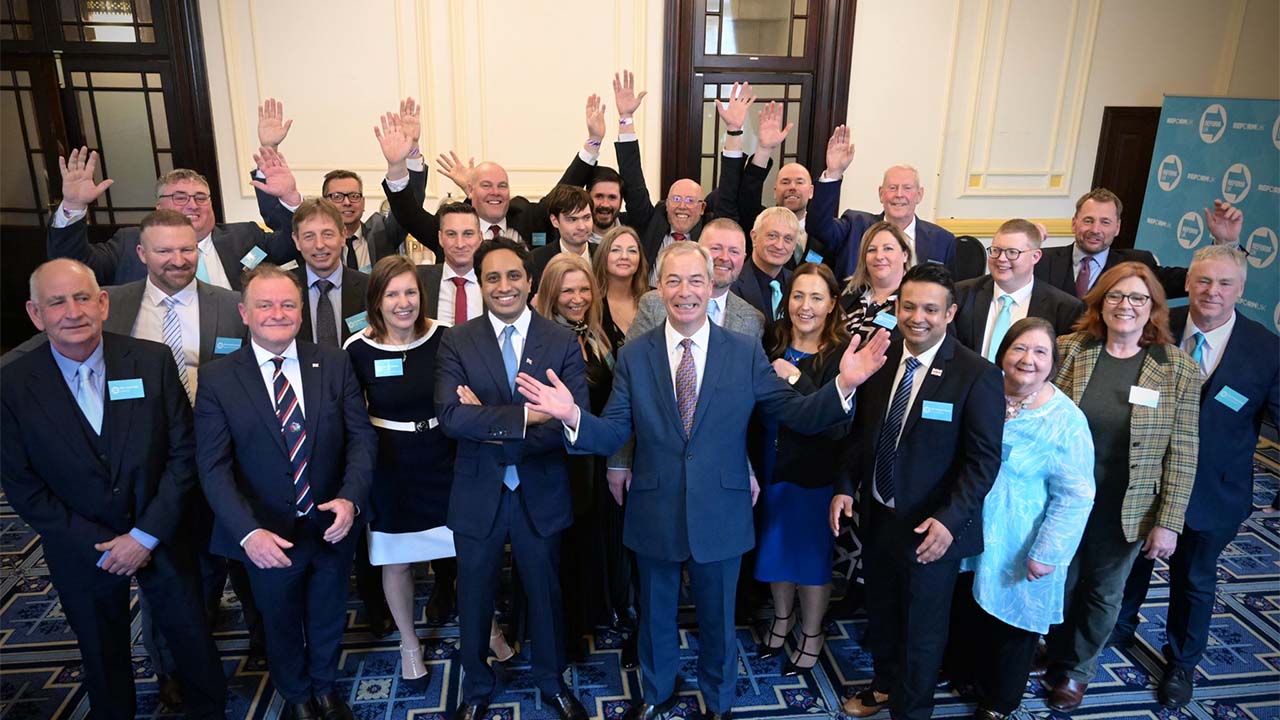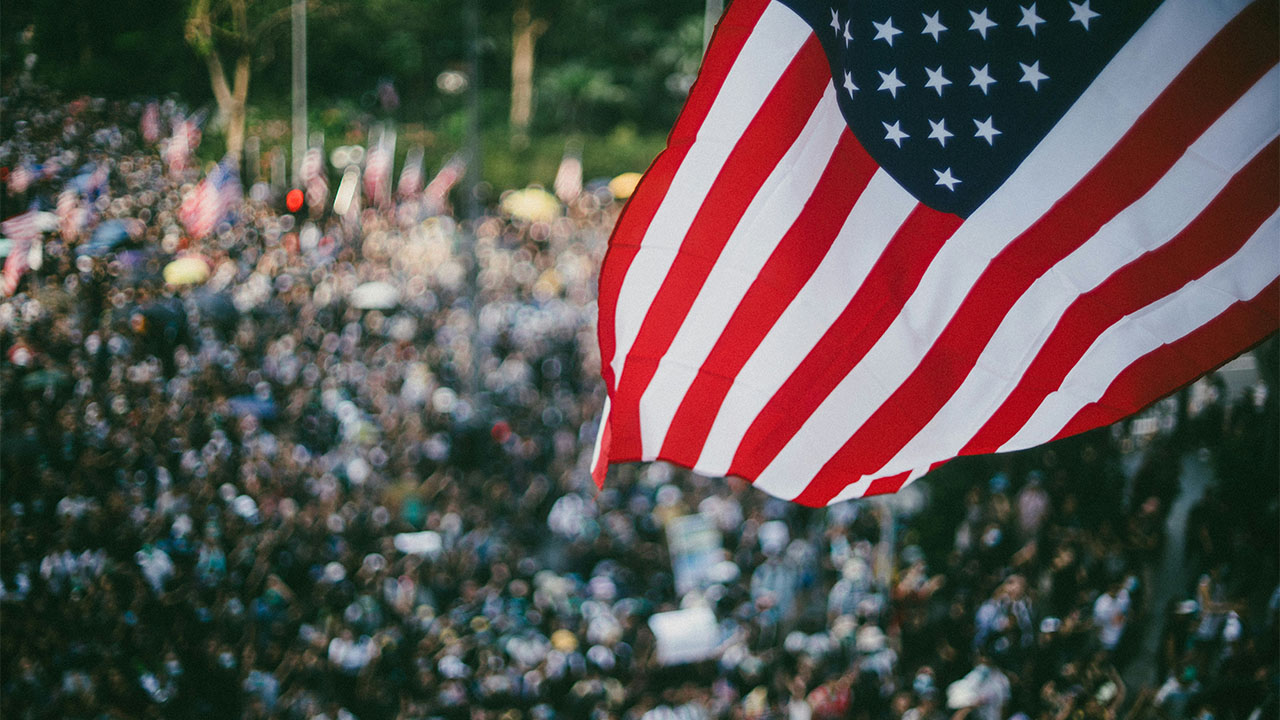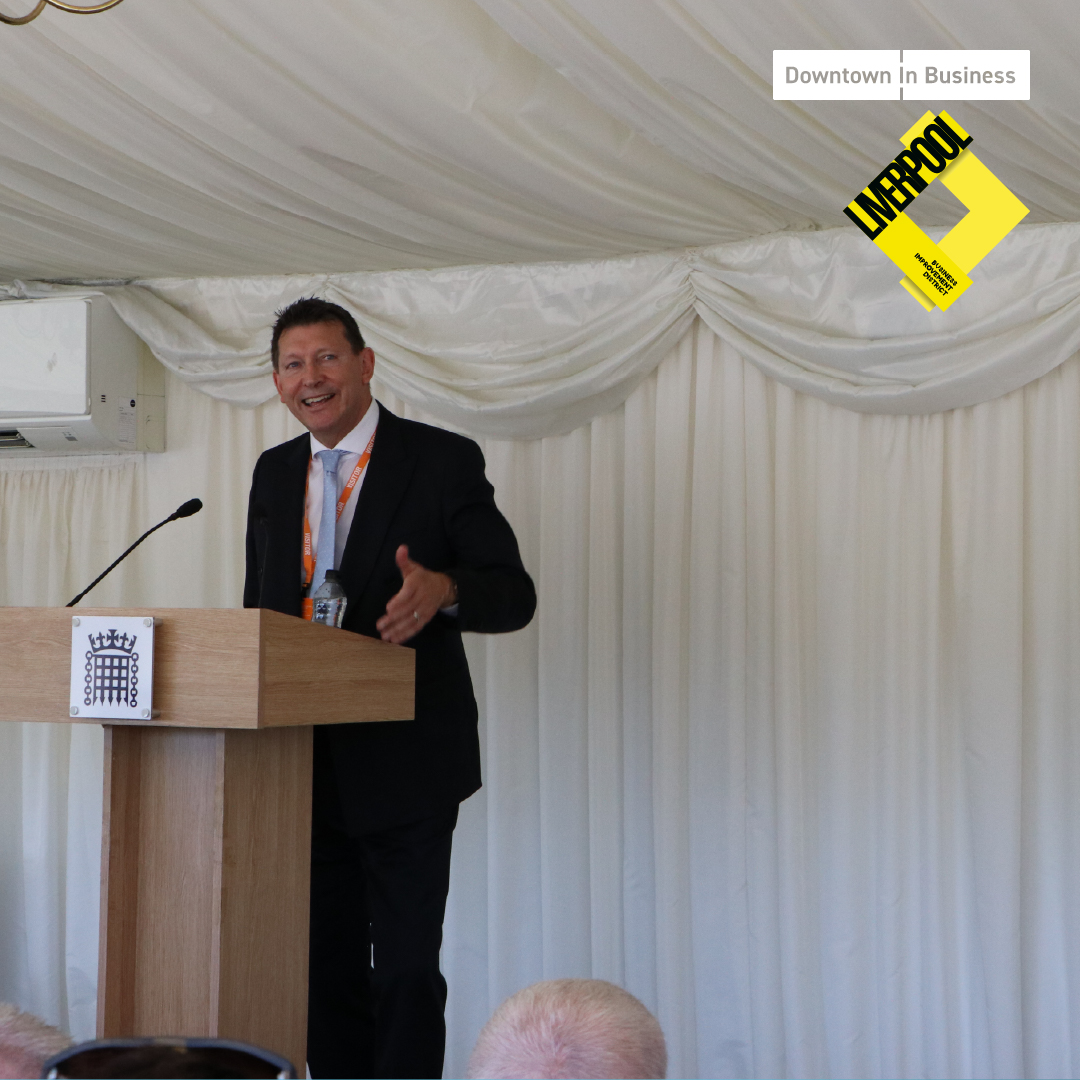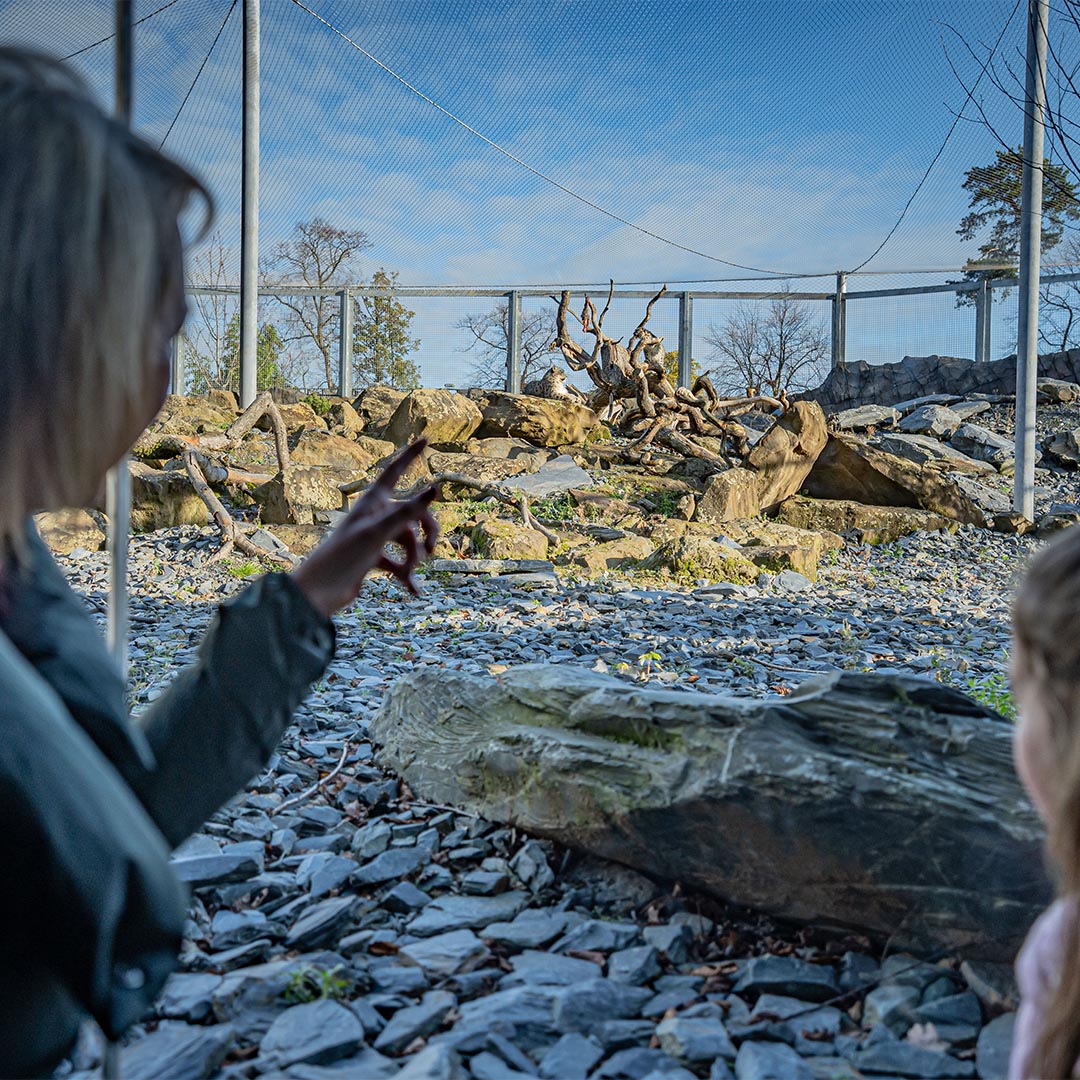Sports brands are amongst the most powerful in the world.
Clubs, players, leagues and franchises today are more valuable than many household consumer brands.
In recognition of the growth, value and importance of this sector, Downtown in Business is holding its inaugural The Business of Sport Conference at Lancashire Cricket Clubs magnificent Old Trafford home.
This value is derived not only from the commercial, broadcast and media rights modern sport attracts but because the brands are well integrated into the communities they serve, in some case defining the cities which host them, and perhaps most importantly, command and receive great loyalty, through good times and bad.
But with all that respect comes additional responsibility.
As sports brands continue to grow, recognising that responsibility and managing it will become crucial.
Free market guru Milton Friedman declared, the “Business of business is business” and if you follow his line of thought, the business of sport is winning. Dollars on the balance sheet, points on the board, trophies in the cabinet – nothing else matters.
I, as do many others, disagree.
As a foot soldier in the early Corporate Social Responsibility (CSR) wars, I recall immense reluctance from business to accept the wider economic, social, environmental and community responsibilities their organisations held.
Stony-faced executives could only see costs and barriers to growth by correcting social or environmental problems in their business and supply chains – “so long as what we do can be described as legal, it’s not our problem” they parroted at conferences and stakeholder events.
Slowly, and with varying degrees of success, senior business leaders, analysts and stockholders accepted their remit extended further than simply providing products and services for profit, and that the long-term health of their organisation was shaped as much by meeting and addressing the expectations of their consumers as it was in selling more stuff.
Today, business has broadly incorporated social responsibility into its strategic planning and built C-suite advisory departments, governance structures and dedicated budgets to address these wider issues.
The same must be true for professional sports brands, surely?
As sport organisations have become multi-national businesses, or in some cases proxies for them, their responsibilities within and to society have grown too, and in our multi-channel, multi-platform and multi-screen universe, the commercial and business behaviour of sport is now coming under greater scrutiny from both fans and the public.
YouGov’s recent survey reports two thirds of Britons think its important for sports clubs, brands and teams to actively pursue CSR goals.
While many sports brands have charitable and philanthropic programs, there are still gaps in managing their broader social responsibilities. Remember, back in those early days of CSR, reluctant businesses pointed to their charitable giving and cheque cutting as a sign of their social commitment, but often that was more about public relations or public affairs than any deep-seated commitment to tackle injustice, inequality or negative impacts in their communities, supply and value chains.
Fans are unlikely to accept that cop-out from their sports teams and organisations for much longer. As the YouGov survey reveals, the next generation of fans care about how sports franchises are making an impact on issues facing society. They are more consistently holding organisations accountable than any fan cohort before.
Sports fans want their heroes and teams to share their concerns and be visible in fixing the problem.
Following some tragic events in the US, sport superstars used their platform to speak out on violence, racial injustice, and police brutality.
Some sports owners – Leagues, Formula One, NFL teams – got it horribly wrong trying to ban their stars and players from speaking out, wearing badges of support, taking a knee and other expressions of support. Clearly, they still just wanted the issue to ‘go away’ and leave it to someone else to address.
But when former LA Laker superstar Carmelo Anthony declared ‘the system is broken’ – the internet responded swiftly pushing the issue to the front of what was being debated. In response, The NBA – the suits and owners – got together with the NBPA – the players – and created a strategic plan with more than 70 initiatives to work with communities, connecting youth and basketball, mentoring and education and economic development.
Speaking on CSR to the media, Christa Stout, Vice President of Innovation & Impact, Portland Trail Blazers said:
“We know that future fans, especially Gen Z, care about what the teams they’re supporting are doing to make the world better. CSR used to be a nice to have, and now it’s a critical role at successful teams.”
In the US, at least, it seems sports teams and brands are reacting. Our consultancy business works with a range of sports brands and institutions who are looking to partner with social causes, governments and third sector organisations to pair their unrivalled reach and position with a growing desire and expectation to make a positive impact.
The opportunity is huge. The runway for sport to embrace and even lead in CSR is there. Sports teams are visible, authentic, and connected.


